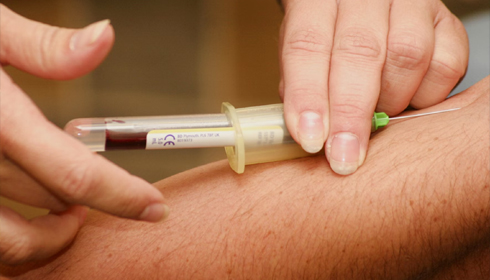
5 Tips to Help Prevent Medical Errors
Photo by Hush Naidoo Jade Photography on Unsplash
Medical errors are defined as unintended actions, whether through doing something or neglecting to do something, within the healthcare setting. These errors can happen at the level of an individual or within the healthcare system and have a multifaceted impact. While some errors may have no noticeable effects, others can result in patient harm and even contribute to or hasten death. Here are five tips to help prevent medical errors and improve patient safety.
Ask Questions and Share as Many Details as Possible
Seek guidance from your healthcare provider or pharmacist regarding your medications and their intended uses. Understanding the medications you are prescribed and their purposes can help detect potential concerns such as duplicate therapy, allergic reactions, dosage modifications, and medication cessation.
If you have an allergy to a specific medication or have encountered issues with it previously, communicate this information to all your medical professionals. This proactive step can prevent you from being prescribed the allergenic medication or a comparable one in future treatments.
Discuss Any Suspected Medical Errors With Your Provider
Occasionally, a situation that appears to be a medical mistake might stem from a minor miscommunication, prompting the provider to offer clearer explanations. Seeking additional clarification from your healthcare provider or discussing the situation further can often resolve misunderstandings. Alternatively, talk to an Atlanta wrongful death lawyer if a medical error has resulted in harm. They can guide any legal recourse that may be available to you and your loved ones.
Stick With One Pharmacy and Doctor
The presence of multiple doctors and pharmacies can pose challenges. In cases where you consult multiple doctors, there is a risk of one doctor being unaware of the prescriptions from others, potentially leading to receiving similar medications or medications that could interact adversely.
Additionally, utilizing multiple pharmacies can limit each pharmacist's access to comprehensive information for detecting such issues. Centralizing all prescription needs at a single pharmacy can help mitigate the occurrence of duplicate treatments and medication interactions. If consulting multiple doctors is essential, maintaining an updated medication list to share with each provider is advisable.
Avoid the Chewing or Crushing of Medications
If your doctor or pharmacist has not advised otherwise, avoid cutting, chewing, opening, or crushing pills if you struggle with swallowing them. This practice can be particularly problematic with extended-release medications like those found in XL, XR, SR, and ER forms.
Altering long-acting formulations by cutting, crushing, or chewing them can rapidly release the medication, deviating from intended effects and potentially causing harm if not taken as directed. Consult your doctor or pharmacist for guidance on proper medication administration. If pill-swallowing poses challenges, seek advice from healthcare professionals who can suggest appropriate formulations.
Adhere to the Medication Instructions Provided
When using medications, carefully review the labels. For non-prescription drugs, adhere closely to the instructions provided on the packaging. Always seek guidance from your pharmacist or contact your doctor's office. These healthcare professionals are well-equipped to help you comprehend the appropriate administration of specific medications.
When administering medication to children, take extra care by utilizing the included measuring devices rather than improvising with household spoons. Avoid confusion between different types of medication (eye drops versus ear drops) and refrain from estimating dosages; instead, refer to the pediatric dosage guidelines on the label meticulously. Lastly, never use medications prescribed for another individual.
Endnote
Various straightforward, cost-effective system adjustments can facilitate safe medication use in physician practices. These strategies' central principles revolve around streamlining and standardizing medication-related systems.